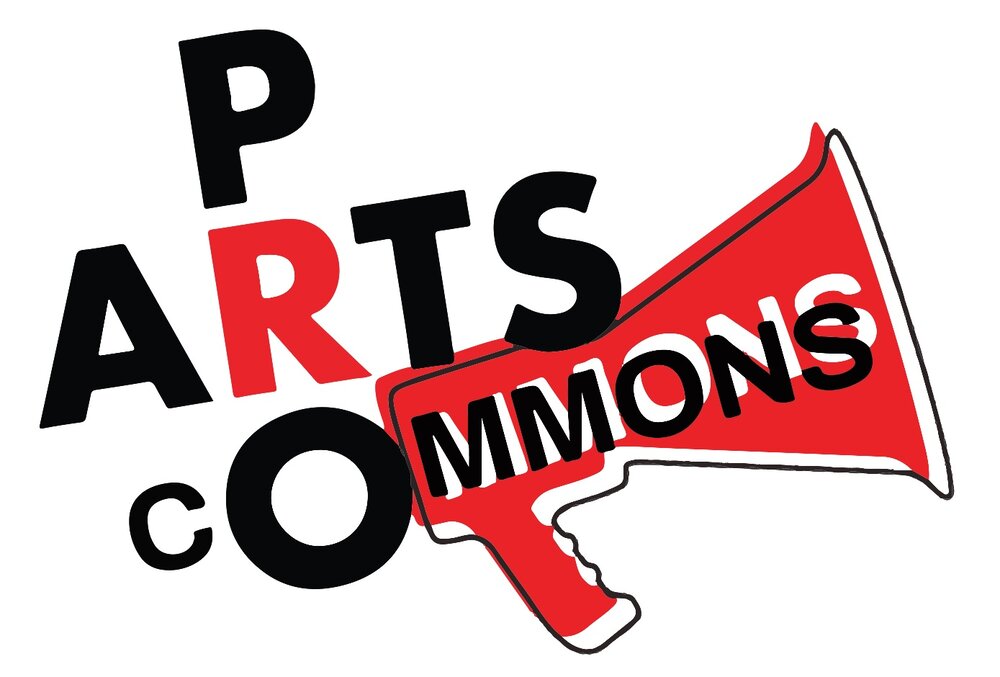Join our experiment in art and law. We are building a commons that unites artists in changing the terms upon which our art enters the economy. Our experiment utilizes the legal technology of copyright, which gives an artist the right to exclude others from using their art on whatever terms the artist includes in a copyright license.
Although copyright has long been used to restrict widespread distribution of art, our experiment turns this logic on its head. Our commons uses copyright to make clear that our art is made freely available for everyone, except for those who reify the structural inequities of our economy. In other words, our copyright license is intended to exclude the excluders, those who stand in opposition to a decolonized, liberated, and diverse economy.
We empower artists to exclude the excluders by asking each participant in our commons to create a morals clause, which details the ways in which an artist wants their art to *not* be used. We then combine all of these morals clauses into a copyright license that governs our commons. Transforming a morals clause into legally enforceable language can be a bit tricky, so the first act of our experiment is to ask participants to tell us, in their own words, how they want their art to not be used.
Sign up below! The second act of our experiment will invite all participants to make art out of the collection of morals clauses that we receive and will also work on strengthening the legal viability of our collective license.
Also, check out our PPAC Fund for Artists Page HERE & Red Bull Microgrants Page HERE.
***If you are Performing Pro Arts COMMONS, send us your documentation to natalia@proartsgallery.org & join our Performing Pro Arts COMMONS community!
JOIN our performing pro arts commons Community!
It would be a shame if…
It would be a shame if protesters began using their intellectual property.
It would be a shame to know that the United States affords more legal protection to performing outrage at police violence, to commercializing the demand that Black lives matter than to claiming it as a right.
It would be a shame to understand that a system that values the protection of property more than it values the sanctity of Black lives is prone to crisis. It would locate the role of intellectual property in the commercialization of hack the sanctity of intellectual property in US law to demand the sanctity of black lives.
It would be a shame if protesters occupy intangible space to hold physical space.
It would be a shame if protesters began calling their protests copyrighted performance art.
It would be a shame if signs, banners, and graffiti were works of visual art, protected by the Visual Rights Act (17 U.S.C. § 106A) .
It would be a shame if some protesters wore an armband with © all rights reserved.
It would be an even bigger shame if others marked their bodies and art with a barcode, linking to their own copyright clauses.
It would be a shame if protesters then demanded in court how any recording of their art, images or audio, was used by security forces.
It would be a shame if legal discovery then detailed the commercial interests between police departments and private security companies.
It would be an even bigger shame if protesters were compensated for copyright violation.
All of this would be a terrible, terrible shame.
*It would be an awful shame if you didn’t write your own conditions for the use of your performances.
